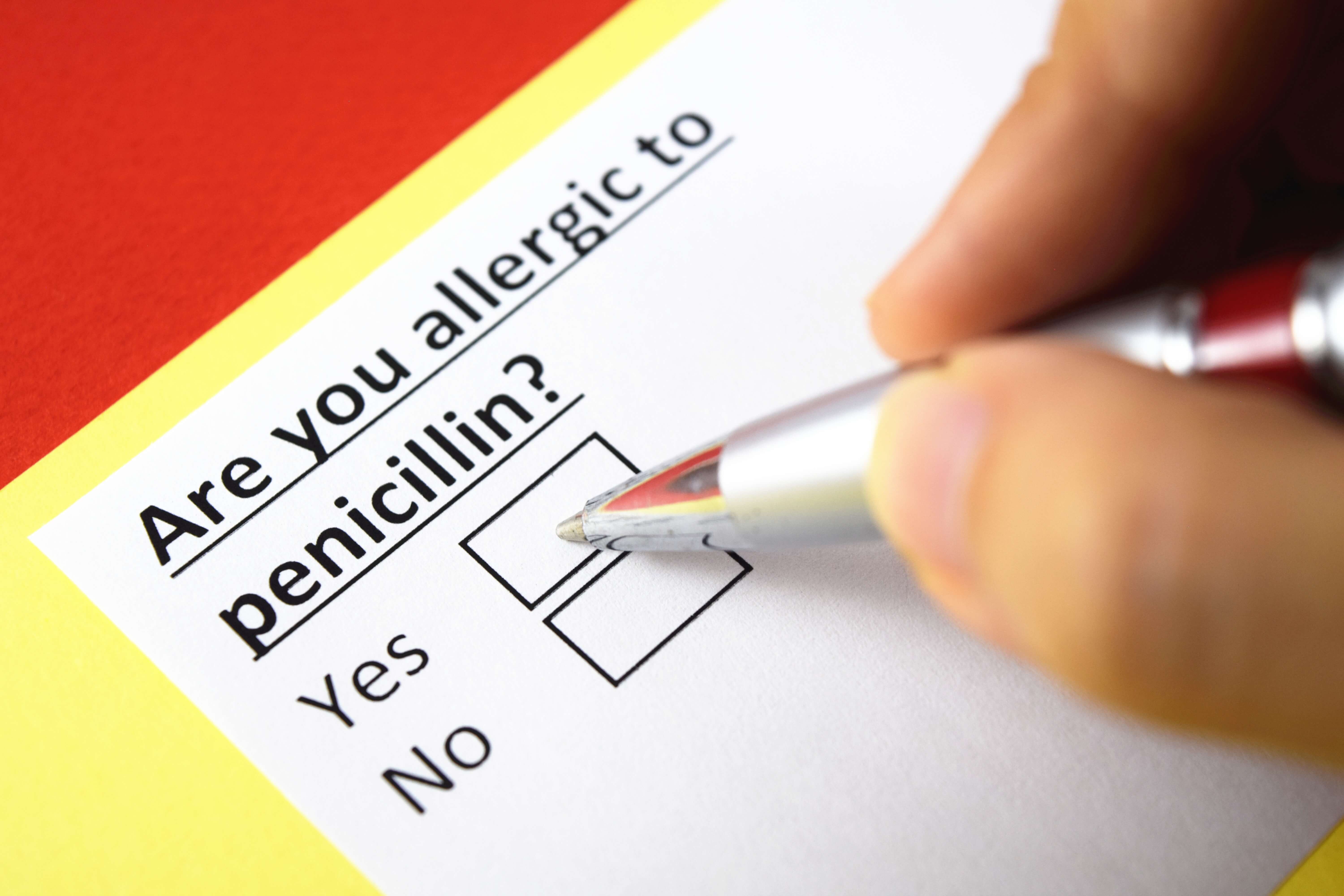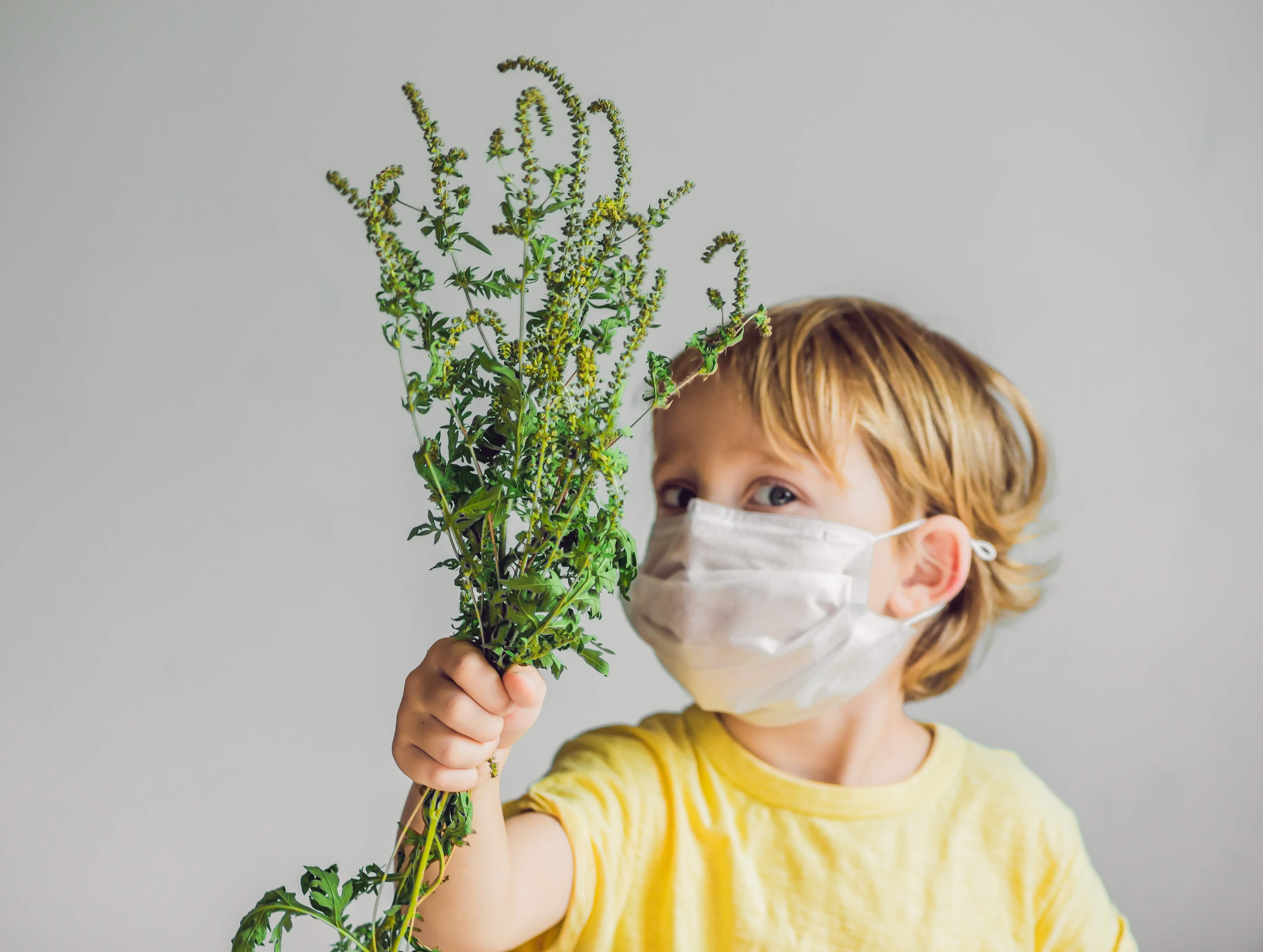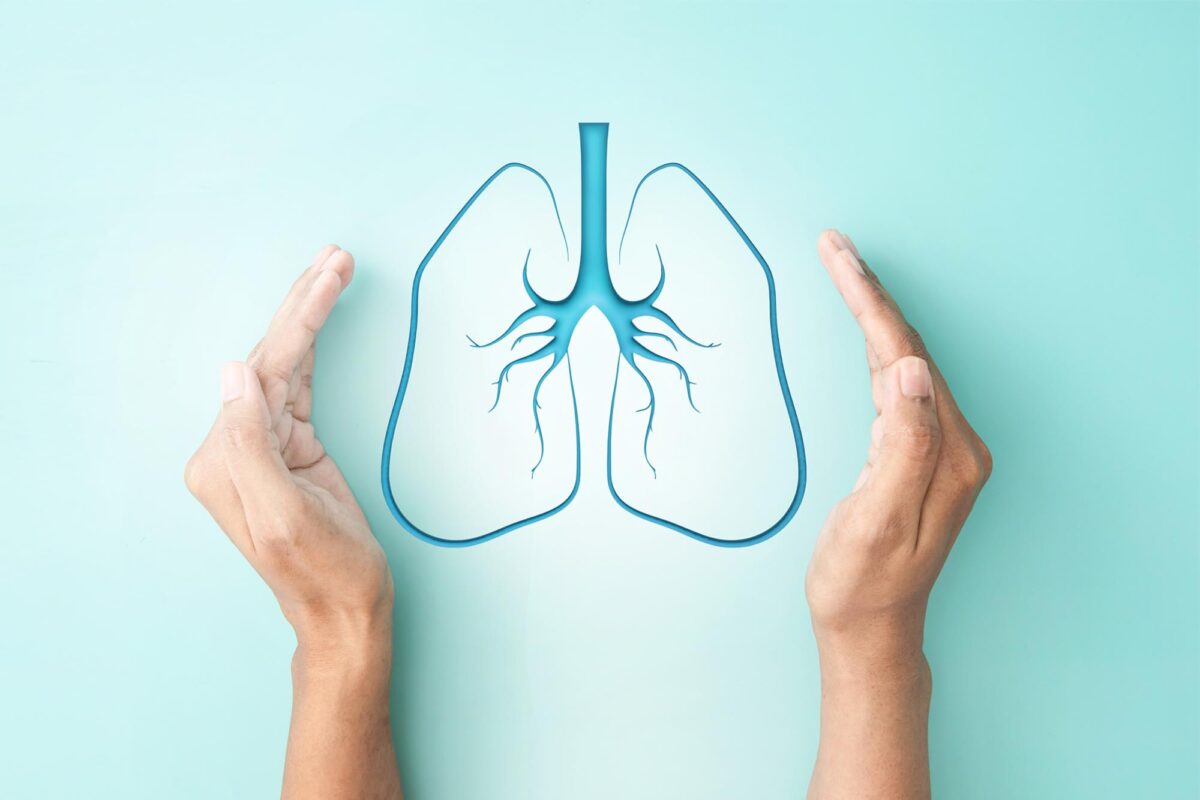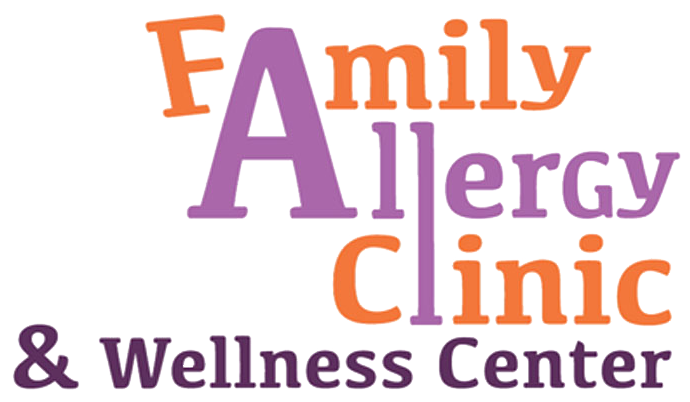Eczema is an itchy skin rash with flare ups. Genetics play a huge role in the cause of eczema, but irritants, allergens, environment, and certain foods can be triggers for flare ups.
- Irritant triggers can include soaps, detergents, dryer sheets, bubble baths, certain shampoos, wool or other coarse fabrics, fragrances, dyes, and juices from acidic fruits, raw meats, onions, and garlic with direct contact.
- Allergen triggers can include dust mites, pets, pollen, and molds.
- Environmental triggers can include extreme temperatures, high humidity, cigarette smoke, and pollution.
- Food triggers can include dairy products, nuts, seeds, eggs, and wheat.
Stress plays a role too. Although stress does not cause eczema, it can make symptoms worse.
Avoiding these triggers can help to reduce the symptoms of eczema. Mild non-abrasive cleansing and moisturizing are also important to help restore and strengthen the skin’s moisture barrier. This helps to prevent the skin from flaring up.
As always, talk to your Doctor if you have any questions or concerns about eczema.





